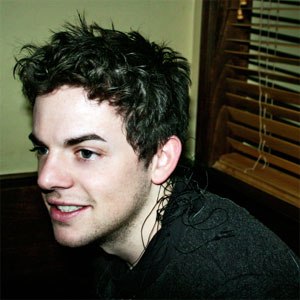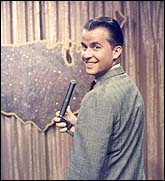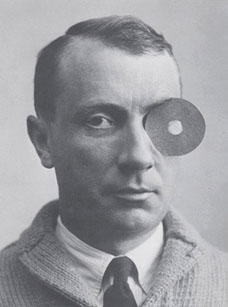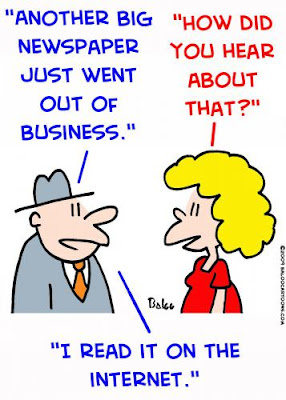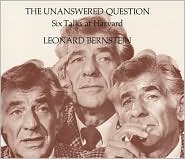I didn’t blog yesterday. But I have been thinking about Lewis Hyde’s comment (in his book, The Gift) that the scientist works in solitude but cannot be isolated.
My immediately thought was that this is true for me as a musician and reader. Solitude is an important part of my operating procedure. I need and get large amounts of it. This enables me to think, rehearse and make stuff. Like blogs. Like poems and songs and instrumental composistions.
I live in what often seems to me to be an intellectually hostile environment. Whether this is just my little city of Holland Michigan or the USA or just generally a human phenomenon is not clear to me. But I realize that living in a small conservative town inevitably leads to some isolation. I often say to myself that it is silly to expect large amounts of companionship and colleagiality in such a barren situation. And I am usually content to live in the margins of this situation and currently have no need to change it.
But it a mistake to isolate one’s self. Connection is basic to the human, I think. Connection to loved ones and others who share interests and passions. At this point in my life, my connection to those who share my interests and passions are mainly on the web and in my books and music.
I was listening to an old Selected Shorts pod cast this morning in which they interviewed the librarian at the historic Edith Wharton Home about the library. Apparently I share Wharton’s experience of books as friends and colleagues.
I am connected to many minds great and small through their writings. Not only books, but poetry and music. And I am lucky enough to not just listen to music (although that is a pleasure of my life) but also make it. When playing the compositions of another, I feel that I am in a sort of suspended place in which I am in the presence of another and the beauty the other has created.
Last night I played Mozart and Bach on the piano as the wedding guests were being seated. I feel like Bach is someone I relate to and that Mozart has a bit of a wider appeal in this setting, joie de vivre and all. But yesterday I found myself in dialogue with Bach. As the crowd noise increased and I sensed that the music was no longer needed to put people at ease before the cermony I quit playing repretoire on the piano and moved to improvising on the organ.
I have had listeners tell me that when I improvise I make some of my best music. I wonder if this is because the music is not twice removed from the experience as it is in performing great composers. By this I mean the listener is dependent on the performer to connect to the beauty and ideas of the composer. When one is improvising one is speaking directly to the listener or at least someone or something is speaking.
All this is to say that when I write on my blog or improvise or rehearse music or read I do not feel isolated. Rather I am as connected as my aging and tired brain will let me be. This is a blessing in my life. And a necessity.











 I
I




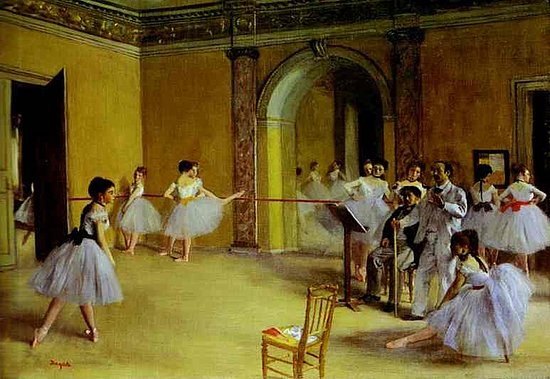







%20_Domenico_Portrait_Of_A_Scholar.jpg)







 lat
lat



